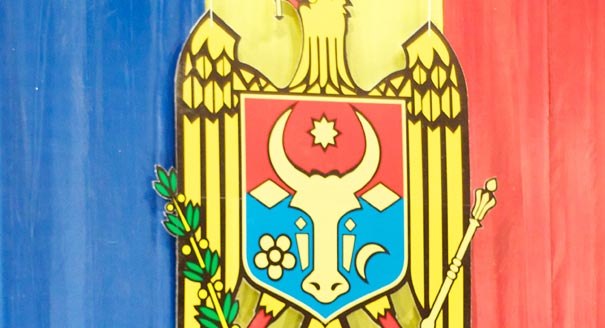Source: World Politics Review
Last month, the Moldovan Parliament voted to dismiss the government of Prime Minister Valeriu Strelet. The move came weeks after former Prime Minister Vlad Filat, who was also a former leader of the ruling coalition member Democratic Party, was arrested as part of an investigation into $1 billion that went missing from the country’s banking system. In an email interview, Balázs Jarábik, a nonresident scholar at the Carnegie Endowment for International Peace, discussed Moldova’s fight against corruption.
How widespread is the issue of corruption in Moldova, and in what areas is it most felt?
Balázs Jarábik: According to the latest polls, an astonishing 95 percent of Moldovans say corruption is a major problem. The Transparency International Corruption Perception Index ranked the country 103rd out of 175 countries in 2014.Corruption is found in every aspect of public life. With Western assistance and pressure, the nominally pro-European Union government coalition of former Prime Minister Valeriu Strelet’s Liberal-Democrats and the Democratic Party made some steps to curb corruption, most notably with the establishment of the Anti-Corruption Bureau. Nevertheless, perceptions of government corruption have worsened significantly. According to a World Bank survey, 53 percent of businesses in 2013 said paying bribes is an important part of doing business, up from 12 percent in 2005, making Moldova the survey’s worst-ranked country in the world.
What efforts is Moldova taking to fight corruption?
Jarábik: With Western assistance, Moldova developed a number of new institutions to fight corruption, such as the National Anti-Corruption Center, the National Integrity Commission and the Anti-Corruption Prosecutor’s office. These institutions were responsible for arresting former Prime Minister Vlad Filat, even if in Moldova there is very little doubt that the arrest could not have happened without the explicit assent of Vlad Plahotniuc, the country’s most powerful oligarch and a key figure in the Democratic Party.
At the same time, the West, driven by its concern not to “lose” Moldova to Russia, essentially “sanctioned” the growing state capture by Moldova’s oligarchs by providing political support to hold the pro-EU ruling coalition together. This has given greater power to certain oligarchs, especially Plahotniuc, who has strengthened his grip over law enforcement and the judiciary. Plahotniuc used this advantage to win his battle with Filat, who was essentially “sacrificed” to assuage popular outrage over the $1 billion that disappeared from Moldovan banks.
What has been the political fallout of last year’s $1 billion bank fraud scheme so far, and is the scandal likely to have a lasting effect on anti-corruption efforts and accountability?
Jarábik: After tens of thousands of Moldovans took to the streets to protest the bank fraud, the reaction from the political elite was to arrest Filat who, according to the available evidence, was involved in the scandal. The latest opinion polls show that those in the government suffered heavily, while two pro-Russia politicians—Renato Usatil, the mayor of Balti, and Socialist leader Igor Dodon—have seen their popularity rise.
Among European political circles, saving the pro-EU ruling coalition is still a priority. A new government coalition, with the support of the Communist Party, is likely to be a temporary solution. However, there is not enough support in the current Parliament to elect a new president from any party, and failure to elect a president automatically triggers new elections. It is also unclear whether Plahotniuc will be able to contain the country’s pro-Russia politicians.
When it comes to the economy and how to fight corruption, there are sound proposals from both local and international actors. Fighting corruption requires the government to address widespread conflicts of interest, increase transparency and separate state functions from oligarchs’ interests. Whether this is possible given the current political environment is an entirely different question.
This interview was originally pubsliehd in the World Politics Review.




.jpg)
